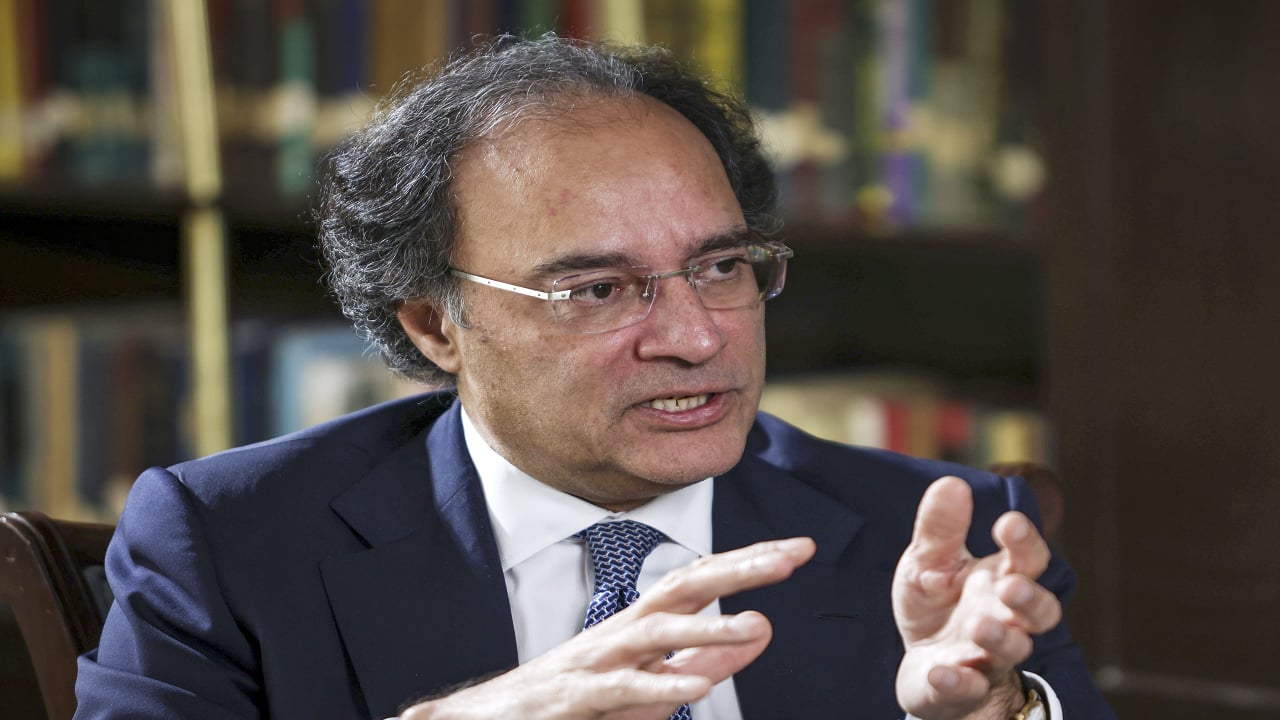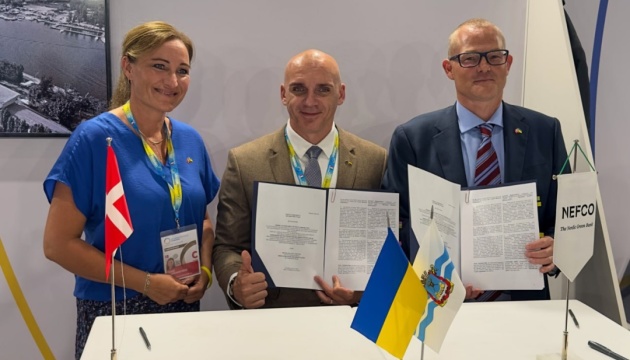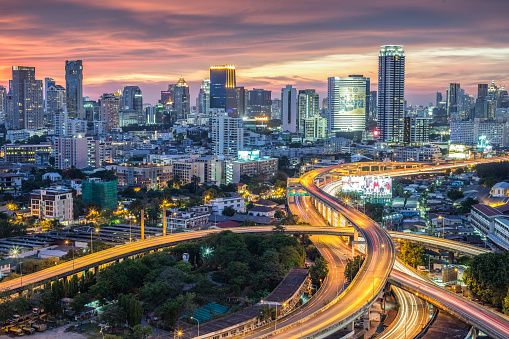Pakistan Seeks Trade Boost with US: Minister Aurangzeb Heads to Washington Amidst Demands for Tariff Reform

Pakistan's Finance Minister, Muhammad Aurangzeb, has embarked on a crucial trip to the United States, aiming to unlock a potentially transformative trade deal. This visit follows closely on the heels of a previous Pakistani delegation's engagement with US officials, where a comprehensive list of demands was presented. These demands centre around Pakistan significantly reducing both tariff and non-tariff barriers to trade, effectively paving the way for a more open and reciprocal economic relationship.
The stakes are high for Pakistan, which is grappling with persistent economic challenges and seeking avenues for growth and stability. A successful trade agreement with the US, a major global economy, could provide a much-needed boost to Pakistan's exports, attract foreign investment, and ultimately contribute to improved economic indicators. However, fulfilling the US demands presents a complex balancing act for the Pakistani government.
Understanding the US Demands
The detailed list of demands from the US highlights a desire for greater market access for American goods and services in Pakistan. This includes scrutiny of existing tariffs on a wide range of products, as well as a review of non-tariff barriers such as regulatory hurdles, import licensing requirements, and cumbersome customs procedures. The US is seeking assurances that these barriers will be significantly reduced or eliminated to create a level playing field for American businesses.
Pakistan's Perspective and Potential Challenges
While Pakistan recognises the potential benefits of a trade deal, the government faces several challenges in meeting the US demands. Reducing tariffs can impact domestic industries, potentially leading to job losses and increased competition. Non-tariff barriers, while often complex, may be in place to protect local industries, ensure product quality, or safeguard public health and safety. Navigating these concerns while simultaneously addressing US demands requires careful consideration and strategic negotiation.
The Road Ahead: Negotiation and Compromise
Minister Aurangzeb’s visit is expected to involve intensive negotiations with key US officials, including representatives from the Department of Commerce and the United States Trade Representative (USTR). The focus will be on finding common ground and reaching a mutually beneficial agreement that addresses both countries' interests. It’s likely that a phased approach to tariff reduction and non-tariff barrier removal will be discussed, allowing Pakistan time to adjust and mitigate any potential negative impacts on its domestic economy.
Impact on Pakistan's Economy
A successful trade deal could significantly impact Pakistan’s economy in several ways:
- Increased Exports: Greater access to the US market could lead to a surge in Pakistani exports, particularly in sectors like textiles, apparel, and agricultural products.
- Foreign Investment: A more stable and predictable trade environment could attract increased foreign investment, boosting economic growth and creating jobs.
- Improved Credit Rating: Demonstrating a commitment to economic reform and international trade agreements could improve Pakistan’s credit rating, making it easier to access international financing.
- Economic Diversification: The deal could encourage diversification of Pakistan’s economy, reducing reliance on traditional exports and fostering innovation.
Ultimately, the outcome of Minister Aurangzeb’s visit will depend on the willingness of both sides to engage in constructive dialogue, find compromises, and forge a trade agreement that promotes mutual prosperity and strengthens the economic ties between Pakistan and the United States. The world will be watching closely to see if a deal can be struck.





